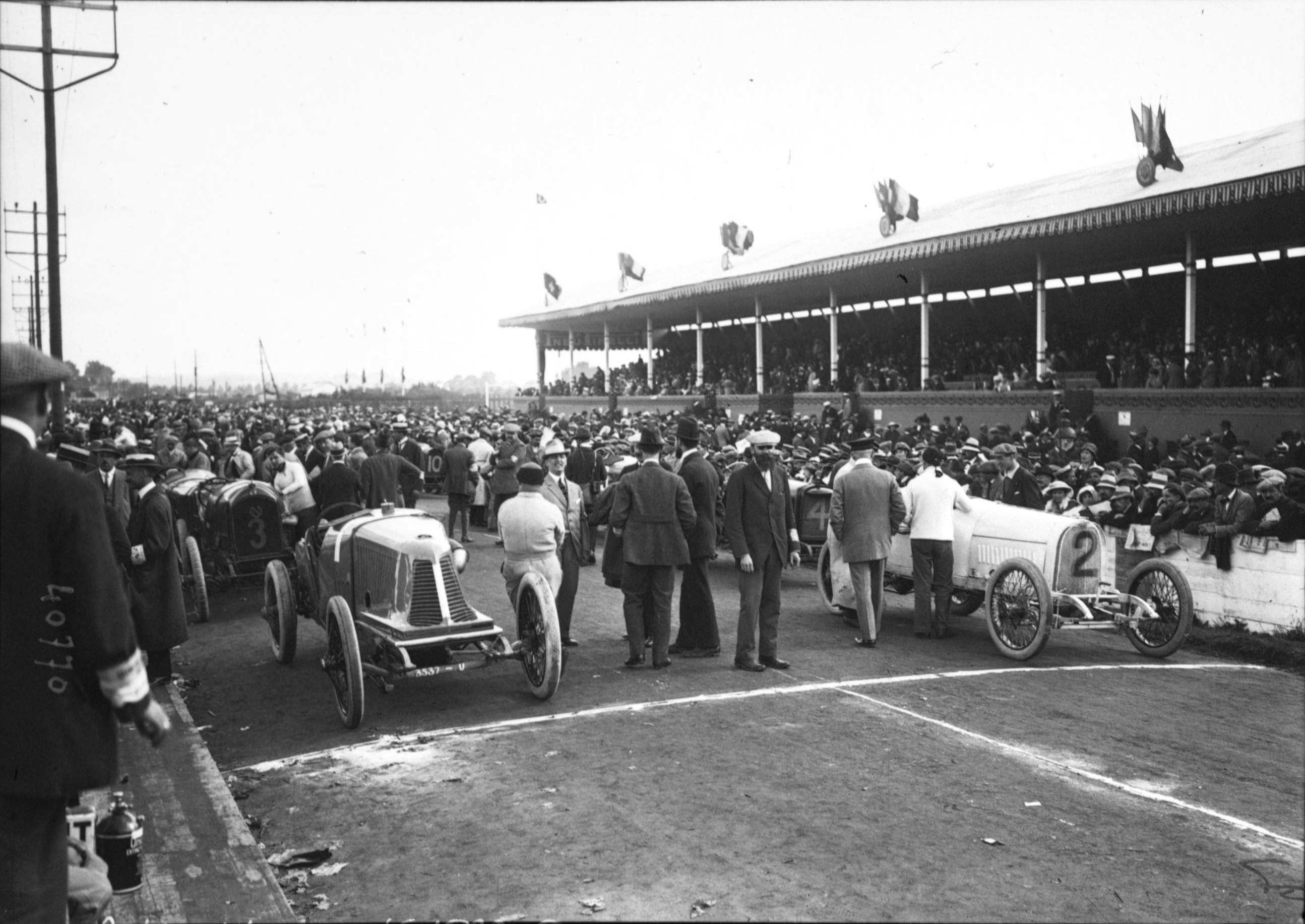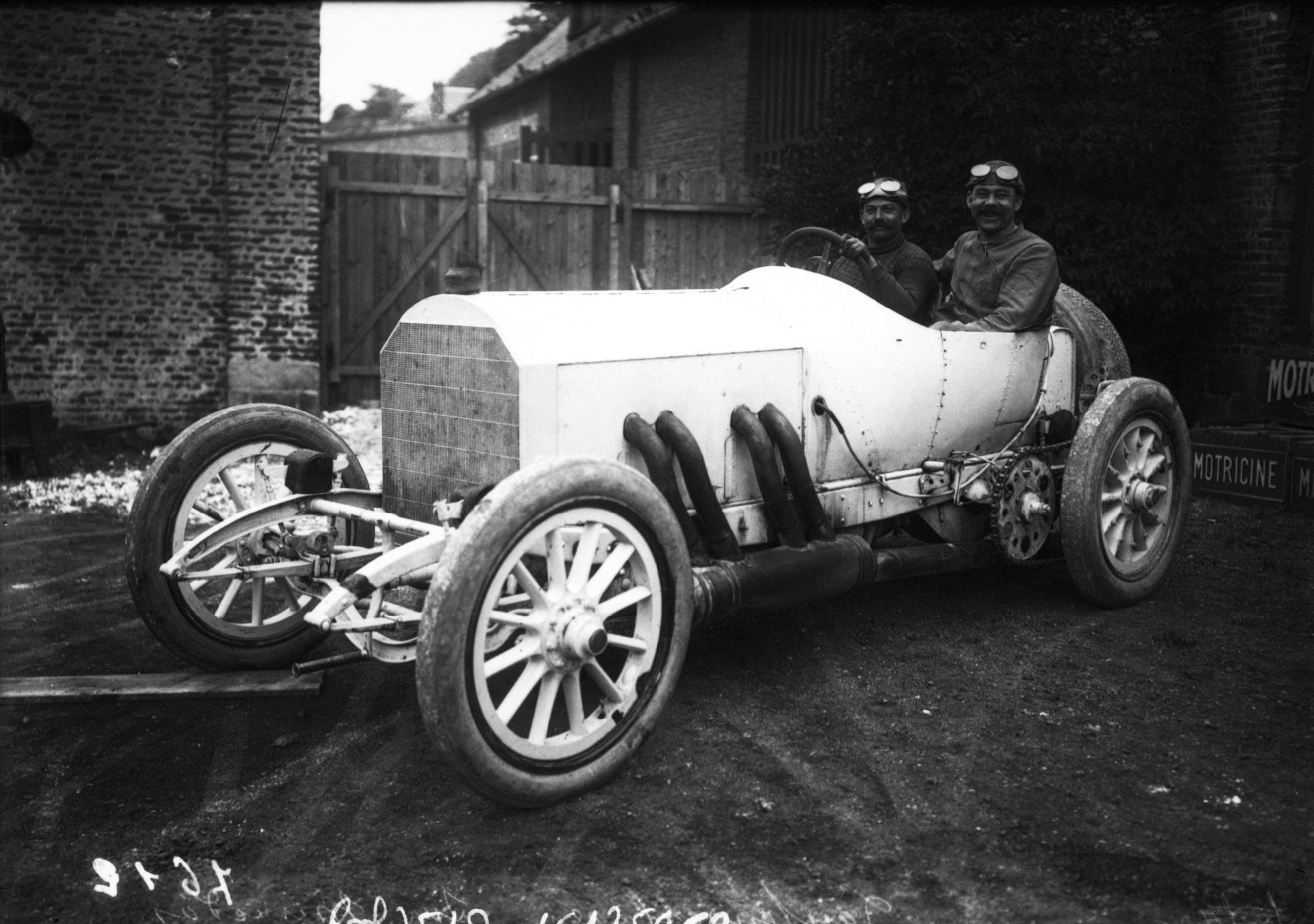|
Otto Salzer
Otto Salzer (4 April 1874 – 7 January 1944) was a German racing car driver, famous for his contributions to the success of Daimler-Motoren-Gesellschaft in Untertürkheim near Stuttgart, where he became team leader in 1903, previously having worked as an engineer since 1896. He had some good results, and was one of the first German Grand Prix motor racing, Grand Prix-drivers when his Mercedes team (with Camille Jenatzy and Victor Hémery) joined the 1907 French Grand Prix. Salzer continued in the 1908 French Grand Prix (with Christian Lautenschlager and Willy Pöge, driving a 140 HP Mercedes), 1914 French Grand Prix (with Louis Wagner (driver), Louis Wagner), 1906 Circuit des Ardennes, and was also present the 1922 Italian Grand Prix. He was born in Möglingen, Württemberg and died in Obertürkheim near Stuttgart. [...More Info...] [...Related Items...] OR: [Wikipedia] [Google] [Baidu] |
1914 French Grand Prix
The 1914 French Grand Prix was a Grand Prix motor racing, Grand Prix motor race held at Lyon on 4 July 1914. Hailed as one of the greatest races of the twentieth century,Georgano 1971, p.87 it was a contest between the French Peugeots and the German Mercedes (car), Mercedes. For the first time, the Grand Prix was run to an engine limitation – of 4.5L maximum capacity. It was won by the Mercedes of Christian Lautenschlager who won at an average speed of after a tense seven-hour contest with the Peugeot of Georges Boillot. Regulations and Circuit For several years, the Automobile Club of France, ''Automobile Club de France'' (ACF) had been trying to reduce engine sizes in racing which it saw as increasingly dangerous with their higher speeds. This year, for the first time, it mandated a maximum engine size of 4.5-litresRendall 1993, p.72-3Higham 1995, p.194-6 along with an allowable weight range of (excluding fluids and tools). This obviously benefited the leading French racin ... [...More Info...] [...Related Items...] OR: [Wikipedia] [Google] [Baidu] |
Christian Lautenschlager
Christian Friedrich Lautenschlager (13 April 1877 – 3 January 1954) was a German racing driver. Biography Born in the village of Magstadt, Kingdom of Württemberg, Germany near Stuttgart, Christian Lautenschlager was 14 years old when he began training for a career as a machinist at a company in Stuttgart. After a few jobs, he spent time traveling around Europe, returning to Stuttgart in 1899 at the age 22 where he found work at the Daimler factory. There, he worked his way up to the positions of mechanic and then of test driver for the company's race cars. In 1908, Lautenschlager was given the opportunity to drive one of three Mercedes race vehicles, and he drove it to victory in the French Grand Prix at Dieppe, France. He returned to his factory job rather than joining the racing circuit as a permanent driver. In 1914, driving a Mercedes 37/95, he won the Elgin Trophy in Elgin, Illinois. He raced only a few more times until he achieved great fame at Lyon, France, on ... [...More Info...] [...Related Items...] OR: [Wikipedia] [Google] [Baidu] |
German Racing Drivers
German(s) may refer to: * Germany, the country of the Germans and German things **Germania (Roman era) * Germans, citizens of Germany, people of German ancestry, or native speakers of the German language ** For citizenship in Germany, see also German nationality law **Germanic peoples (Roman era) *German diaspora * German language * German cuisine, traditional foods of Germany People * German (given name) * German (surname) * Germán, a Spanish name Places * German (parish), Isle of Man * German, Albania, or Gërmej * German, Bulgaria * German, Iran * German, North Macedonia * German, New York, U.S. * Agios Germanos, Greece Other uses * German (mythology), a South Slavic mythological being * Germans (band), a Canadian rock band * "German" (song), a 2019 song by No Money Enterprise * ''The German'', a 2008 short film * "The Germans", an episode of ''Fawlty Towers'' * ''The German'', a nickname for Congolese rebel André Kisase Ngandu See also * Germanic (disambiguati ... [...More Info...] [...Related Items...] OR: [Wikipedia] [Google] [Baidu] |
1944 Deaths
Events Below, the events of World War II have the "WWII" prefix. January * January 2 – WWII: ** Free France, Free French General Jean de Lattre de Tassigny is appointed to command First Army (France), French Army B, part of the Sixth United States Army Group in North Africa. ** Landing at Saidor: 13,000 US and Australian troops land on Papua New Guinea in an attempt to cut off a Japanese retreat. * January 8 – WWII: Philippine Commonwealth troops enter the province of Ilocos Sur in northern Luzon and attack Japanese forces. * January 11 ** United States President Franklin D. Roosevelt proposes a Second Bill of Rights for social and economic security, in his State of the Union address. ** The Nazi German administration expands Kraków-Płaszów concentration camp into the larger standalone ''Konzentrationslager Plaszow bei Krakau'' in occupied Poland. * January 12 – WWII: Winston Churchill and Charles de Gaulle begin a 2-day conference in Marrakech. * Janua ... [...More Info...] [...Related Items...] OR: [Wikipedia] [Google] [Baidu] |
1874 Births
Events January * January 1 – New York City annexes The Bronx. * January 2 – Ignacio María González becomes head of state of the Dominican Republic for the first time. * January 3 – Third Carlist War: Battle of Caspe – Campaigning on the Ebro in Aragon for the Spanish Republican Government, Colonel Eulogio Despujol surprises a Carlist force under Manuel Marco de Bello at Caspe, northeast of Alcañiz. In a brilliant action the Carlists are routed, losing 200 prisoners and 80 horses, while Despujol is promoted to Brigadier and becomes Conde de Caspe. * January 20 – The Pangkor Treaty (also known as the Pangkor Engagement), by which the British extend their control over first the Sultanate of Perak, and later the other independent Malay States, is signed. * January 23 – Prince Alfred, Duke of Edinburgh, second son of Queen Victoria, marries Grand Duchess Maria Alexandrovna of Russia, only daughter of Tsar Alexander III of Russia, i ... [...More Info...] [...Related Items...] OR: [Wikipedia] [Google] [Baidu] |
1922 Italian Grand Prix
The 1922 Italian Grand Prix was a Grand Prix motor race held at Monza on 10 September 1922. Classification References {{Grand Prix race report , Name_of_race = Italian Grand Prix , Year_of_race = 1922 , Previous_race_in_season = 1922 French Grand Prix , Next_race_in_season = 1923 Indianapolis 500 , Previous_year's_race = 1921 Italian Grand Prix , Next_year's_race = 1923 Italian Grand Prix 1923 in Grand Prix racing, Italian Grand Prix 1923 in Italian motorsport, Grand Prix Italian Grand Prix European Grand Prix ... Italian Grand Prix Italian Grand Prix, 1922 1922 in Italian motorsport ... [...More Info...] [...Related Items...] OR: [Wikipedia] [Google] [Baidu] |
1906 Circuit Des Ardennes
The 1906 Circuit des Ardennes was a Grand Prix motor race held at the 53.5 mile Bastogne circuit on 13 August 1906. Classification References *{{cite web , title = 1906 Grands Prix , work = The GEL Motorsport Information Page , url = http://www.teamdan.com/archive/gen/1906/1906.html , first = Darren , last = Galpin , accessdate = 2007-08-05 , archive-url = https://web.archive.org/web/20120920013401/http://www.teamdan.com/archive/gen/1906/1906.html , archive-date = 2012-09-20 , url-status = dead Ardennes The Ardennes ( ; ; ; ; ), also known as the Ardennes Forest or Forest of Ardennes, is a region of extensive forests, rough terrain, rolling hills and ridges primarily in Belgium and Luxembourg, extending into Germany and France. Geological ... Ardennes Circuit Sport in Bastogne ... [...More Info...] [...Related Items...] OR: [Wikipedia] [Google] [Baidu] |
Louis Wagner (driver)
Louis Auguste Wagner (5 February 1882 – 13 March 1960) was a French racing driver who won the American Grand Prize and the inaugural British Grand Prix. Wagner was also a pioneer aviator. Early life Wagner was born in Le Pré-Saint-Gervais, located in what is now the Seine-Saint-Denis department. Motor racing Wagner began racing cars while in his teens and claimed victory in 1903 driving a Darracq in a ''voiturette'' class race at the Circuit des Ardennes at Bastogne, Belgium. Wagner was one of the drivers for the Darracq team in the 1904 Gordon Bennett Cup in Germany that finished 8th and in 1905 at the Circuit d'Auvergne in Clermont-Ferrand, he was eliminated in the first round. Competing in the United States, Wagner won the Vanderbilt Cup of 1906 driving a Darracq model 120 over a Long Island racecourse. He finished fifth in the 1907 Kaiserpreis in Germany but the following year in Savannah won the first ever United States Grand Prix driving a Fiat. Driving a ... [...More Info...] [...Related Items...] OR: [Wikipedia] [Google] [Baidu] |
Willy Pöge
(Friedrich Elias Willibald) Willy Pöge (2 December 1869 - 12 May 1914) from was a German engineer and racing car driver. He was born in , son of Hermann Pöge who encouraged him to study at the Chemnitz University of Technol ...
[...More Info...] [...Related Items...] OR: [Wikipedia] [Google] [Baidu] |
1908 French Grand Prix
The 1908 French Grand Prix was a Grand Prix motor race held at Dieppe on 7 July 1908. Formula Changes The race was run under a new formula agreed in Ostend in 1907. There was no fuel consumption limit, but the cars had a minimum weight of 1100 kilograms, and a maximum cylinder bore of 155 millimetres. This formula differed from the regulations in place for the American Vanderbilt Cup series, which discouraged American manufacturers from entering the race. Lewis Strang drove the single American entrant, the Thomas Flyer. D. Napier & Son cars were disqualified from the race due to their use of Rudge-Whitworth center locking hubs, which the organizers believed were unsafe. The Race Christian Lautenschlager won the race in his Mercedes finishing nearly nine minutes ahead of Victor Hémery's Benz. Lautenschlager's average speed for the race was . Otto Salzer set fastest lap in his Mercedes, with an average speed of over . The race was notable for tragic reasons. Henri Cissac' ... [...More Info...] [...Related Items...] OR: [Wikipedia] [Google] [Baidu] |
Germany
Germany, officially the Federal Republic of Germany, is a country in Central Europe. It lies between the Baltic Sea and the North Sea to the north and the Alps to the south. Its sixteen States of Germany, constituent states have a total population of over 84 million in an area of , making it the most populous member state of the European Union. It borders Denmark to the north, Poland and the Czech Republic to the east, Austria and Switzerland to the south, and France, Luxembourg, Belgium, and the Netherlands to the west. The Capital of Germany, nation's capital and List of cities in Germany by population, most populous city is Berlin and its main financial centre is Frankfurt; the largest urban area is the Ruhr. Settlement in the territory of modern Germany began in the Lower Paleolithic, with various tribes inhabiting it from the Neolithic onward, chiefly the Celts. Various Germanic peoples, Germanic tribes have inhabited the northern parts of modern Germany since classical ... [...More Info...] [...Related Items...] OR: [Wikipedia] [Google] [Baidu] |




